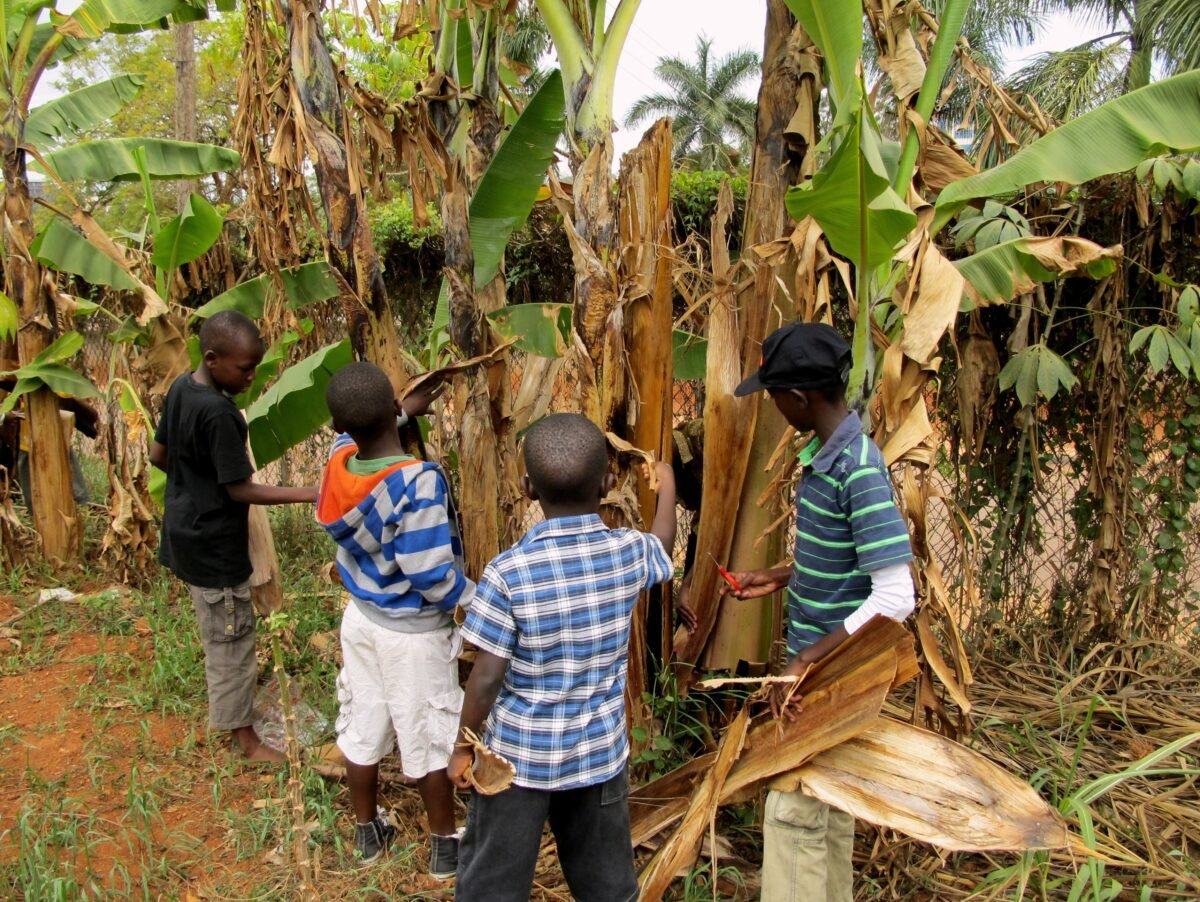Indian scientists develop eco-friendly wound dressing using banana fibres
The wound dressing material presents a sustainable solution for wound care and suggests additional uses for the abundant banana plant
An eco-friendly wound dressing material made using banana fibres presents a sustainable solution for wound care.
India, the world’s largest banana-farming country, has an abundance of banana pseudo stems, discarded after harvest.
In a pioneering effort, scientists at the Institute of Advanced Study in Science and Technology (IASST), an autonomous institute under the Department of Science and Technology, have transformed banana pseudo stems, often considered agricultural waste, into an eco-friendly wound dressing material.
Led by Prof. Devasish Chowdhury and Prof. (Retd) Rajlakshmi Devi, the research team, including Mridusmita Barman, a research scholar in the IASST-Deakin University Joint PhD programme, has ingeniously combined the banana fibres with biopolymers like chitosan and guar gum to create a multifunctional patch with excellent mechanical strength and antioxidant properties.
Taking it a step further, the researchers loaded the patch with an extract from the Vitex negundo L. plant, demonstrating the capabilities of plant extract-loaded banana fibre-biopolymer composite patch in vitro drug release and as antibacterial agents. All the materials used in creating this innovative dressing material are natural and locally available, making the manufacturing process simple, cost-effective, and non-toxic.
The wound dressing material presents a sustainable solution for wound care and suggests additional uses for the abundant banana plant, which may benefit farmers and minimize environmental impact.
“This investigation opens the door to a new era in wound healing, offering a low-cost, reliable, and environmentally friendly alternative that holds significant potential in biomedical research,” says Prof. Chowdhury. The banana fiber-biopolymer composite dressing could revolutionise wound care with its broad applications and positive impact on health and the environment. Elsevier recently published this work in the International Journal of Biological Macromolecules.
The groundbreaking research has recently been published in the International Journal of Biological Macromolecules by Elsevier, further highlighting its significance in the scientific community.
The wound dressing material presents a sustainable






